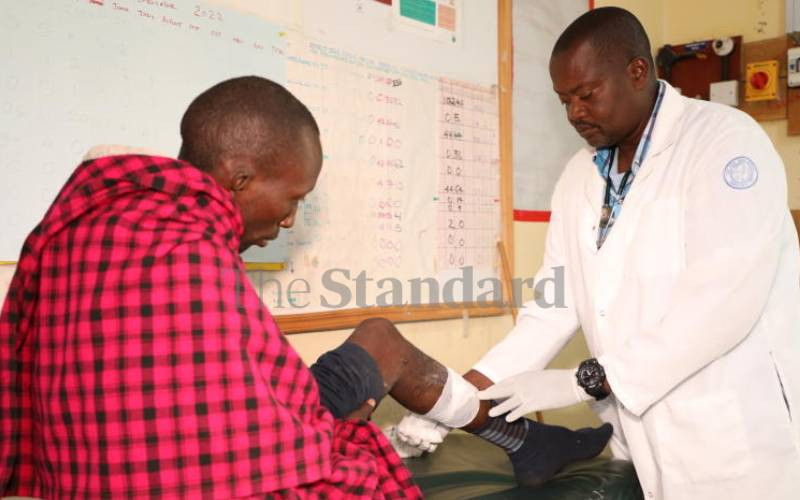×
The Standard e-Paper
Join Thousands Daily

When Pantalal Parmuat left Tanzania in June, he did not know where his family was. He escaped to Kenya wrapped in a shuka after being shot on the leg by security officers.
Parmuat is among scores of Maasais from Loliondo in Tanzania who fled to Kenya with gunshot injuries after a scuffle ensued between security officers and members of the community.